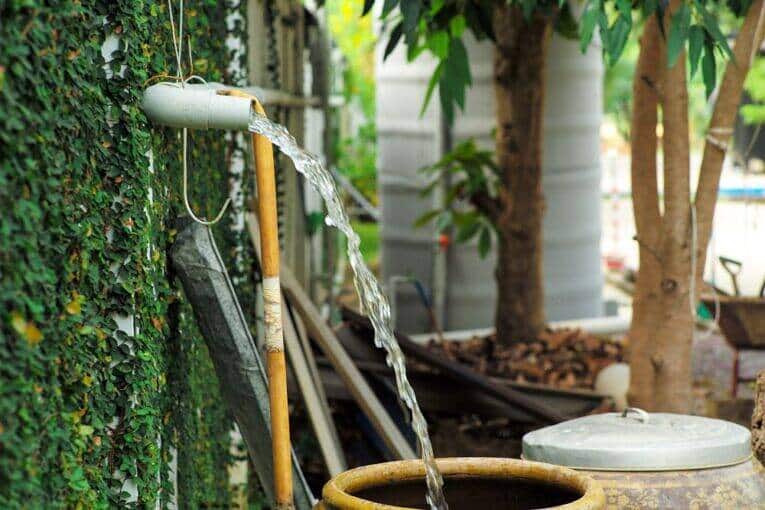
Eco Water Filtration Systems: A Forward-Thinking Guide
Share
In today's world where technology is deeply woven into our daily lives, embracing sustainable practices is becoming more crucial than ever. The tech industry is stepping up to this challenge, with innovative solutions like eco water filtration systems leading the way. These systems are not only poised to transform our approach to managing water resources, but they also fulfill the urgent demand for environmentally friendly alternatives.

The Surge of Eco Water Filtration Systems
With rising concerns about global water scarcity, the evolution of eco water filtration systems has captured the attention of both tech enthusiasts and professionals. These systems harness advanced technologies to purify water while significantly reducing their ecological footprint. By fusing state-of-the-art materials with intelligent systems, they provide a sustainable option compared to conventional methods.
Understanding Eco Filtration Technology
At the core of eco water filtration systems lies a strong commitment to sustainability and efficiency. These systems often combine natural and synthetic materials to eliminate contaminants effectively. For example, some utilize activated charcoal, known for its exceptional absorption properties. Others feature smart sensors that monitor water quality in real time, automatically optimizing filtration to ensure peak performance.
The role of nanotechnology is also pivotal in these systems. Nano-filters can eliminate particles as minuscule as viruses, guaranteeing that the water is not just clean but also safe for drinking. These technological advancements highlight the potential of eco filtration systems in tackling the world's water woes.
Advantages of Eco Water Filtration Systems
For tech professionals, the allure of these systems goes beyond their environmental advantages. The integration of IoT technology allows users to oversee and adjust their filtration systems remotely, offering convenience and reassurance.
Additionally, eco water filtration systems are deliberately designed to be energy-efficient. By lessening dependence on electricity and minimizing waste, these systems significantly decrease carbon emissions, contributing to larger sustainability initiatives.
Applications Across Industries
Various industries, from agriculture to manufacturing, are beginning to acknowledge the numerous benefits of implementing eco water filtration systems. In agriculture, these systems assure that irrigation water is free from harmful chemicals, which enhances crop health. In manufacturing, they play a vital role in reducing water waste, a crucial factor for businesses that prioritize eco-friendly practices.
These applications not only showcase the adaptability of eco filtration but also its potential to instigate meaningful positive changes across diverse sectors.
Challenges and Future Outlook
Despite a promising future, the uptake of eco water filtration systems is not without its hurdles. The initial investment can be a barrier for smaller businesses, and the required ongoing maintenance can strain resources.
However, as this technology progresses and becomes more affordable, widespread usage is on the horizon. The future of eco filtration appears bright, with innovations aimed at decreasing costs and improving system performance.
Final Thoughts
The path towards sustainable water management is laden with obstacles, yet the emergence of eco water filtration systems offers a ray of hope. For those within the tech sector and sustainability enthusiasts, the blend of technology and eco-friendliness opens up an exciting new frontier. By embracing these filtration solutions, we take vital steps toward a more sustainable future.
If you're keen to delve deeper into water conservation strategies, consider exploring resources on water saving or discover more conservation tips from the California Department of Water Resources. For practical home upgrades, check out tips on toilet upgrades.

FAQs
Q: What are the main components of eco water filtration systems?
A: They typically consist of natural filters like activated charcoal, nano-filters for removing minuscule particles, and smart sensors for tracking water quality.
Q: What advantages do eco water filtration systems offer to the manufacturing sector?
A: These systems significantly reduce water waste and ensure that the water utilized in manufacturing is free from harmful substances, aiding in the pursuit of eco-friendly operations.
Q: Are there ongoing expenses with these systems?
A: Yes, while they are designed to be energy-efficient, regular maintenance is essential to maintain optimal functionality and durability.
